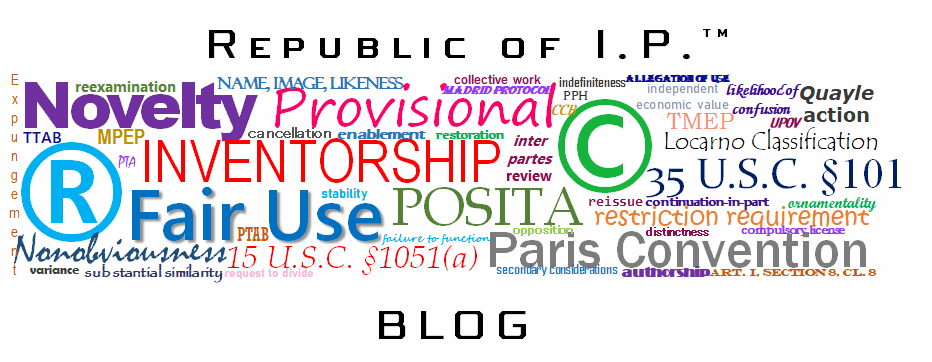Trademark Registration for the Small to Medium Enterprise
For a Small to Medium Enterprise (SME), a trademark is more than just a logo; it is a primary business asset. While “common law” rights exist simply by using a name in business, they are...

For a Small to Medium Enterprise (SME), a trademark is more than just a logo; it is a primary business asset. While “common law” rights exist simply by using a name in business, they are...
One of the fundamental principles of trademark law is that certain terms cannot function as trademarks because, as being merely descriptive of the goods or sources, these marks lack the role as an...
When the USPTO examines trademark applications or when courts assess potential trademark infringement, they rely on a multifaceted analysis to determine whether two marks are likely to cause consumer...
The federal Lanham Act provides trademark owners various legal causes of action, including trademark infringement and dilution. While trademark infringement requires proof of consumer confusion,...
Trademark law intersects with First Amendment free speech rights in several key ways: Prior Restraint and Content-Based Restrictions: When the government denies trademark registration based on the...
At the complex intersection of trademark law and First Amendment protections, courts have developed a sophisticated framework to balance commercial trademark rights under the Lanham Act against First...
Non-fungible tokens (NFTs) have revolutionized digital ownership and created entirely new categories of intellectual property disputes. As these blockchain-based assets continue to evolve, they...
The Lanham Act serves as the cornerstone of federal trademark law in the United States, establishing comprehensive protections for brands, consumers, and public figures alike. Among its many...
In today’s digital age, do-it-yourself legal services promise quick, affordable solutions for complex legal matters. Websites like Trademark Engine, Trademark Genius, and similar platforms market...
The culinary world presents unique challenges when it comes to intellectual property protection. While chefs, food bloggers, and recipe developers invest considerable creativity and effort into their...